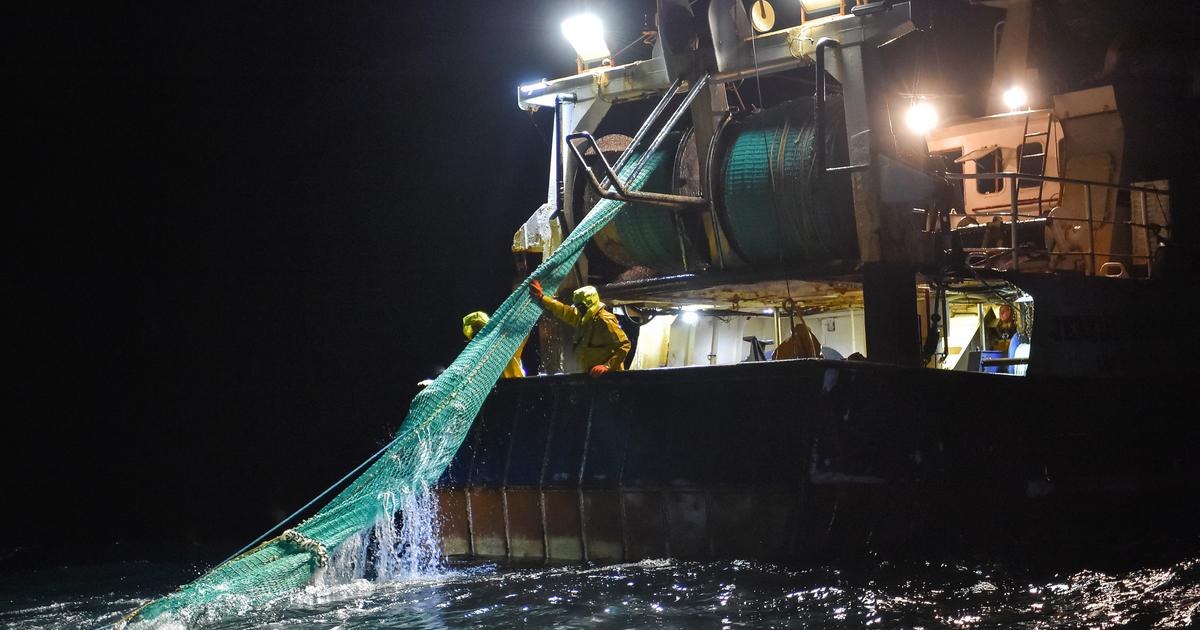The fishing fleets with the worst environmental impact are also those which are the most subsidized, write researchers in a study published Wednesday, which calls for supporting small-scale coastal fishing, the most job-creating.
“
We massively subsidize the fleets which have the strongest environmental footprint, and all this with a not very good economic and social record
,” summarizes Didier Gascuel, professor of marine ecology at the Institut Agro de Rennes and co-author of the study.
“
We are in an absurd situation in which society does not finance the right fleets
.”
Based on public data, researchers have drawn up “
the first multi-criteria assessment of the impact of fishing fleets
”, based on ten social, economic and environmental indicators, welcomed Claire Nouvian, president of the ocean defense association Bloom, which contributed to the establishment of the research group.
The study paints a contrasting landscape of French fishing fleets in the North-East Atlantic (70% of metropolitan fisheries).
Fleets using “
dormant arts
” (nets, lines, traps) thus have a good environmental record and a very good record in terms of job creation and added value.
Their only downside concerns the capture of sensitive species, such as seabirds or cetaceans.
Shell fishing, using dredges that scrape the seabed, also has a “
relatively good environmental impact
”, according to Didier Gascuel.
Emitting little CO2 and respecting the resource, the shell dredger only contributes to 6% of the abrasion of the seabed.
Also read: “These NGOs are the gravediggers of artisanal fishing”: the anger of French fishermen forced to stay at the quayside from Monday
Bottom trawling, deemed destructive
Conversely, bottom trawling has a “
very strong environmental footprint
”, contributing in particular “
very significantly
” to the overexploitation of resources, and especially to the abrasion of the seabed.
The fleets of the North-East Atlantic scrape 612,000 km2 of seabed each year, an area equivalent to mainland France, of which trawls and bottom seines are 90% responsible.
These fleets, which have to expend a lot of energy to pull bottom trawls, are also “
the most subsidized
”, mainly via tax relief for fishing diesel, according to the study.
Generally speaking, “
industrial trawlers are only profitable today thanks to subsidies, which are greater than their gross operating surplus
,” underlines Didier Gascuel.
In addition, industrial pelagic trawlers generate “
10 times fewer jobs per ton landed
” than the fleet of nets, lines and coastal traps “
even though it receives 7 times more subsidies per job
,” according to the study. .
For Claire Nouvian, “
subsidies create completely artificial operating conditions which generate an incentive to overexploit
” the oceans.

